DNV launches CCUS certification service
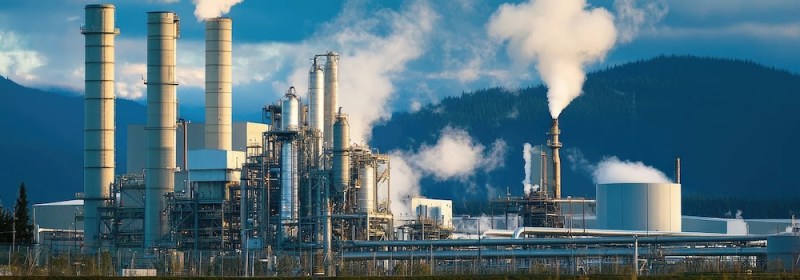
DNV has launched a service specification for the verification and certification of carbon capture, utilisation, and storage (CCUS) facilities. DNV-SE-0696 provides a structured methodology to derisk CCUS projects across design, construction, and operation, said DNV. With CCS projected to grow from 41 MtCO2/yr today to 1300 MtCO2/yr in 2050, mitigating 6% of global CO2 emissions […]
UK commits £200 million to Scotland’s Acorn carbon capture project
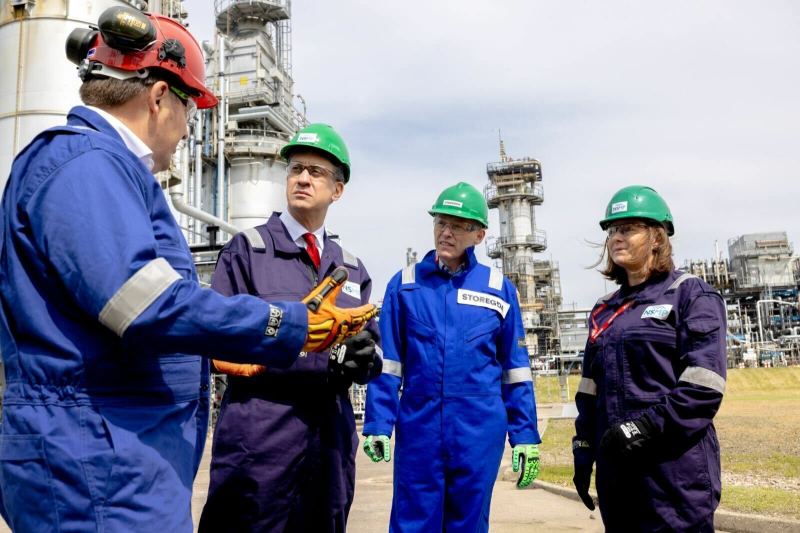
The UK government has announced a £200 million investment in the Acorn carbon capture and storage (CCS) project in St Fergus, Scotland, marking a major step forward in its strategy to reach net-zero greenhouse gas emissions by 2050. The investment, unveiled during a government spending review, reinforces the UK’s backing of carbon capture as a […]
DNV signals turning point for global CCS deployment

DNV’s newly released Energy Transition Outlook: CCS to 2050 highlights a pivotal shift in the global deployment of carbon capture and storage (CCS), forecasting that global investment in the sector will reach $80 billion within the next five years. The report reveals that CCS capture and storage capacity is expected to quadruple by 2030, driven […]
Sonardyne awarded contract for monitoring UK’s first offshore CCS site
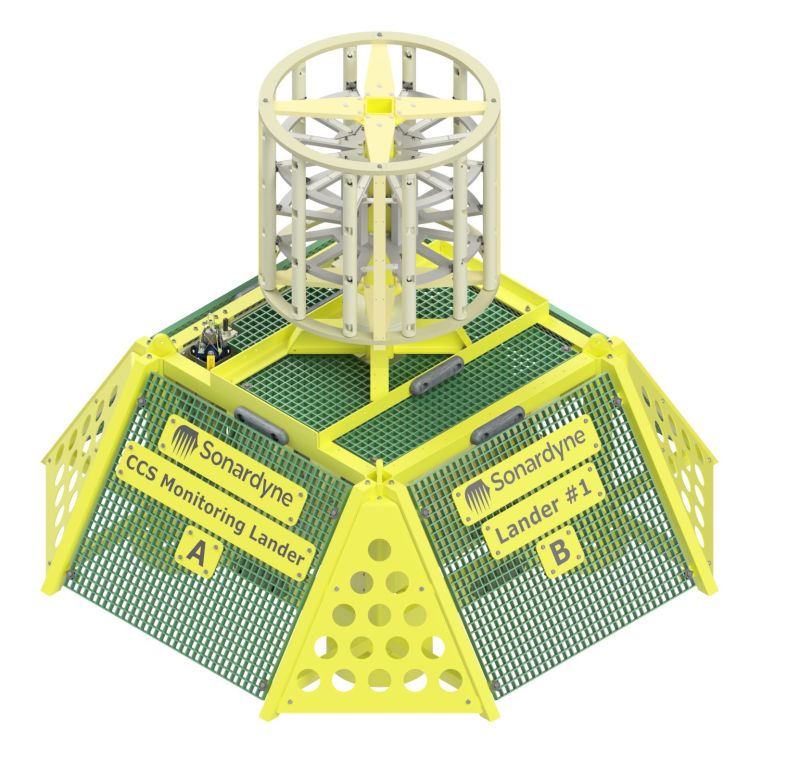
Sonardyne has been selected by the Northern Endurance Partnership (NEP) – a joint venture between bp, Equinor, and TotalEnergies – to deliver baseline environmental monitoring services for the UK’s first offshore carbon capture and storage site under the North Sea. The company will deploy seabed landers at key locations above and around the subsurface Endurance […]
China starts operating its first offshore CCUS project

China has begun operating its first offshore carbon capture, utilisation and storage (CCUS) project at the Enping 15-1 oil platform, located approximately 200 kilometres southwest of Shenzhen, in the Pearl River Mouth Basin in the northern South China Sea. The project is operated by the China National Offshore Oil Corporation (CNOOC) and marks a significant […]
MIT’s nanotech innovation could cut carbon capture costs by at least 20%
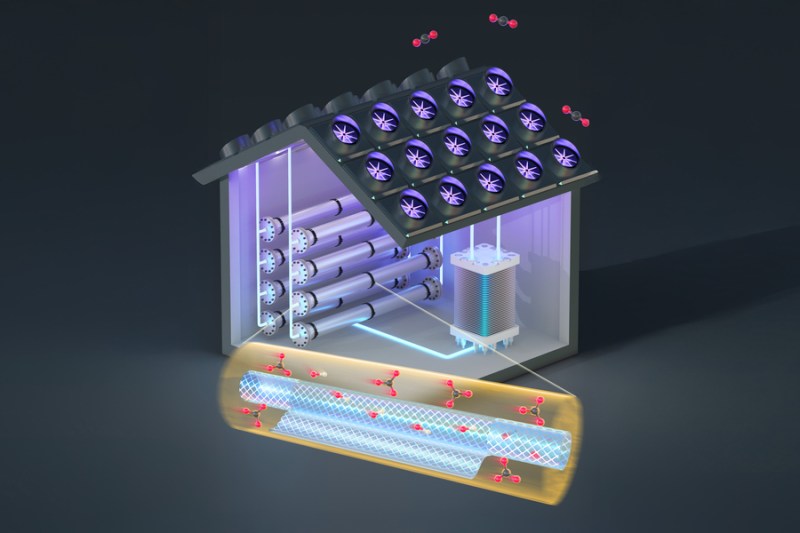
Researchers at the Massachusetts Institute of Technology (MIT) have developed a novel nanofiltration membrane that could significantly reduce the cost of carbon capture and conversion processes. This innovative technology addresses a longstanding challenge in carbon capture systems: the trade-off between efficient CO2 capture and its subsequent release. Typically, compounds that capture CO2 effectively struggle to […]
Denmark shortlists 10 companies for CCS projects
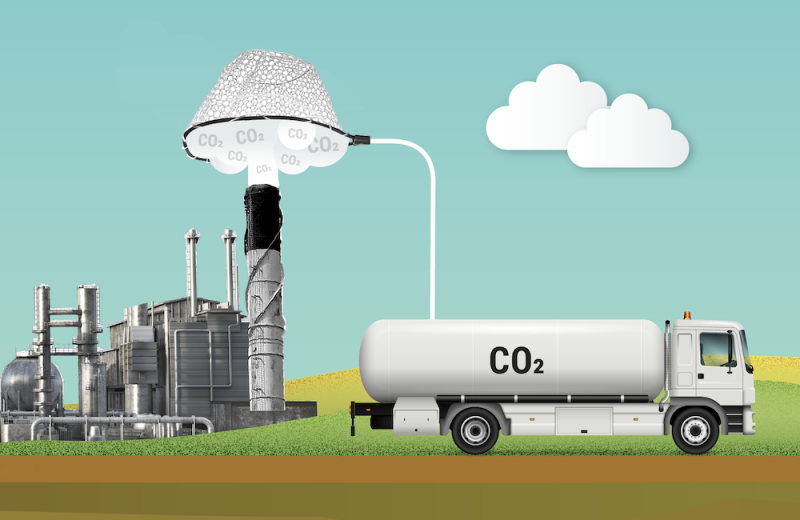
The Danish Energy Agency has selected 10 companies from a pool of 16 applicants to compete for $4.5 billion in funding for carbon capture and storage projects. The funding is expected to help reduce Denmark’s annual CO2 emissions by 2.3 million tonnes from 2030. The companies are: Affaidplus ARGO CCS E.ON Energist CaptureCo Fjernvarme Fyn […]
Netherlands invests in Aramis CCS project

The Dutch government has announced a €639 million investment in the Aramis CCS project, the country’s largest carbon capture and storage initiative. This investment comes after TotalEnergies and Shell withdrew part of their planned investments in the project. To keep the project and the Netherlands’ climate goals on track, the government has stepped in to […]
UK government and Eni reach financial close for the Liverpool Bay CCS project
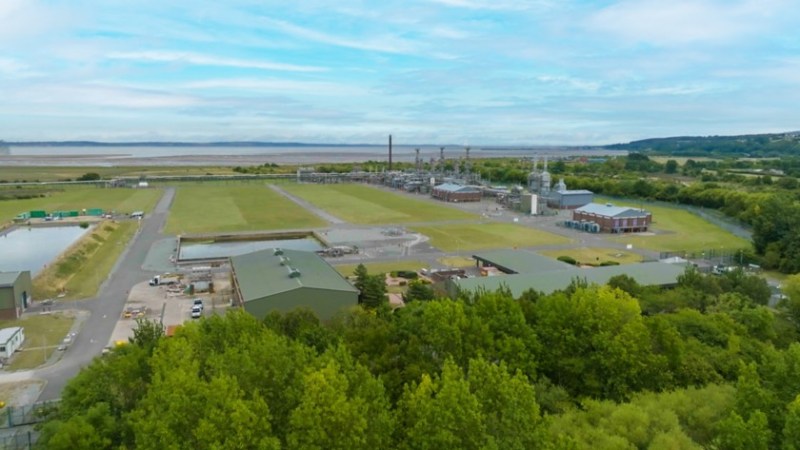
Eni has reached financial close with the UK Government’s Department of Energy Security and Net Zero (DESNZ) for the Liverpool Bay CCS project, a cornerstone of the HyNet North West industrial cluster. The initiative aims to significantly reduce industrial carbon emissions in the Liverpool and Manchester regions by 2028. The project includes the development of […]
Successful conclusion of UK’s first CO2 injection test for CCS at the Poseidon project

Perenco, Carbon Catalyst and Harbour Energy have successfully wrapped up the UK’s first offshore CO2 injection test at the Poseidon project in the North Sea. The project involved injecting liquid CO2 into a heavily depleted North Sea gas field, achieving injection rates above 1 million tonnes per annum (Mtpa). “This technical feat wasn’t just an […]


